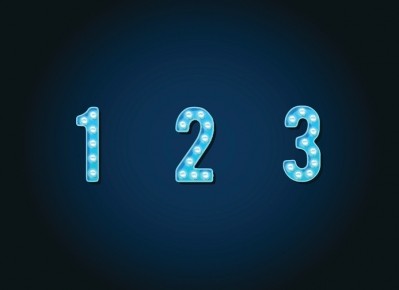Lucentis biosimilar: Formycon eyes 2020 for US launch

German firm Formycon has a pipeline of third-wave biosimilar products in development with its lead candidate FYB201, a version of Roche/Genentech’s ‘wet’ age-related macular degeneration (AMD) drug Lucentis (ranibizumab), in Phase III trials.
And reporting its third quarter 2017 financials this week, the company announced it is working “intensively and in close consultation with the respective regulatory authorities on the preparation of the filing documents” to launch the biosimilar in the US in 2020.
Biosimilar waves
A number of companies are already competing against J&J’s Remicade (infliximab), for example, and there are over 30 companies developing versions of AbbVie’s $16bn (€14.7bn) a year Humira (adalimumab).
But less attention has been made of third wave biosimilars: versions of more complex mAbs or antibody fragment drugs coming off patent after 2020.
First wave products are generally versions of cytokines, growth factors and hormones already off patent - such as filgrastim and epoetin alfa.
Second wave biosimilars are generally monoclonal antibodies which come off patent before 2020, for example Pfizer/Celltrion’s recently US approved infliximab.
Third wave biosimilars are biologics coming off patent after 2020 which are generally more complex mAbs or antibody fragments
“Over the past nine months, Formycon has made significant advances,” said CEO Carsten Brockmeyer in a statement. “Together with our partners, we have progressed very well in the clinical testing of FYB201.”
Further details of the potential launch have not been divulged, but spokesperson Thorsten Schüller told us details surrounding its manufacture and scale-up will be communicated at a later stage.
“The only thing we can say now is that Bioeq IP AG, our licensing partner for FYB201, will be responsible for commercialisation of this biosimilar.”
Bioeq is a joint venture between private investment firm Santo Holding AG and Polish drugmaker Polpharma Group formed in March 2014.
Market opportunity
Lucentis clocked in 2016 US sales of CHF 1.4bn ($1.4bn) for Roche, and $1.8bn for Novartis which commercialises the monoclonal antibody outside the US.
The drug loses its exclusivity across various markets from 2020 onwards and Formycon/Bioag is looking to capture a slice of the market, and according to Formycon it has the only candidate in Phase III trials.
In August 2016, Pfizer abandoned its Lucentis biosimilar programme with Pfenex, driving Formycon’s share price up by 16%.
Formycon and Bioag also have a biosimilar version of Eylea (aflibercept) in development and are positioning for a 2023 launch, while Formycon is also developing a version of Stelara (ustekinumab) and a fourth undisclosed biosimilar.












